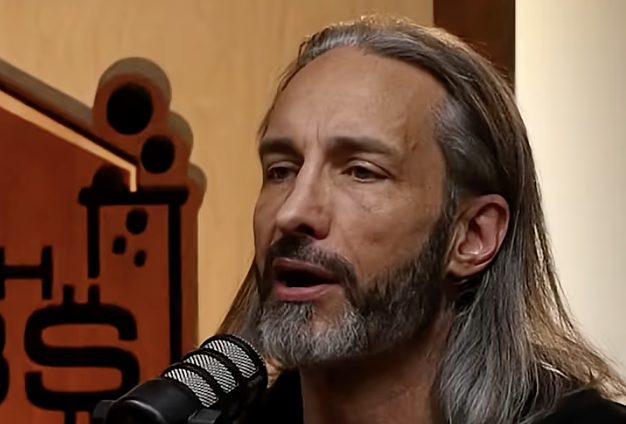When Grant Cardone recently stated that “a home is a terrible investment,” he triggered many homeowners. But he’s not wrong. Your primary home simply doesn’t meet the fundamental criteria of a true investment.
The Hard Truth About Homeownership
Let me be clear—I own my home. But I didn’t buy it because it’s a financial asset. I bought it as a place to raise my children and create memories. That has tremendous value, but it’s not the same as cash flow.
Here’s why your primary residence fails as an investment:
- It doesn’t generate cash flow—in fact, it constantly drains your resources
- You can’t depreciate it for tax purposes like investment properties
- You’re using it personally rather than renting it to others
- Even when your mortgage is paid off, you never truly “own” it (property taxes continue forever)
This distinction matters because when we mislabel consumption as investment, we make poor financial decisions. We overextend ourselves buying too much house, thinking we’re “investing,” when we’re actually just increasing our expenses.
Investment Real Estate: A Different Animal
Now, investment real estate is an entirely different story. When I purchase a property as an investment:
- It generates monthly rental income
- I can depreciate it for significant tax advantages
- I use leverage (other people’s money) to control a larger asset
- The tenants pay down my mortgage while I build equity
The fundamental difference is simple: real investments put money in your pocket. Your primary residence takes money out of your pocket through mortgage payments, property taxes, insurance, maintenance, and utilities.
This doesn’t mean homeownership is bad—it just means we need to be honest about what it is. When I bought my home, I did so with clear eyes about what I was getting: a place to live that provides stability, control over my living environment, and potential appreciation (though that’s never guaranteed).
Finding Balance in Your Financial Strategy
I believe you can own a home AND build wealth—you just need to understand the difference between assets and liabilities. Your primary residence sits firmly in the liability column of your personal balance sheet, regardless of its market value.
The problem occurs when people pour all their resources into their home, leaving nothing for actual investments. I’ve seen too many retirees who are “house rich, cash poor“—living in valuable homes but struggling to pay bills because they have no income-producing assets.
My approach has always been to keep my primary residence reasonable—not buying the biggest house I can qualify for—while directing my investment capital toward assets that generate cash flow. This balanced strategy allows me to enjoy the benefits of homeownership without sacrificing my financial future.
Reframing Your Thinking
If you already own a home, don’t panic. Just adjust your thinking. Stop considering your home as part of your investment portfolio and start building actual investments alongside it.
If you’re considering buying a home, do it because it makes sense for your lifestyle and long-term housing costs—not because you think it’s a great investment. Buy less house than you can afford, and invest the difference in assets that actually generate returns.
The most financially successful people I know understand this distinction clearly. They don’t confuse consumption with investment, and they build wealth through assets that pay them, not cost them.
Remember, building wealth isn’t about owning stuff—it’s about owning assets that generate income. Your home might be many wonderful things, but an investment isn’t one of them.







